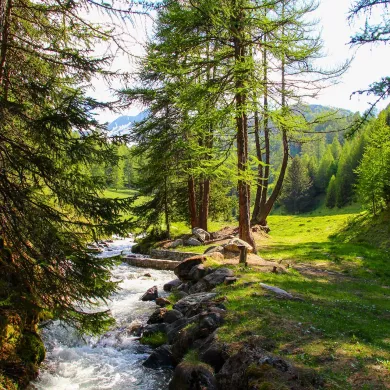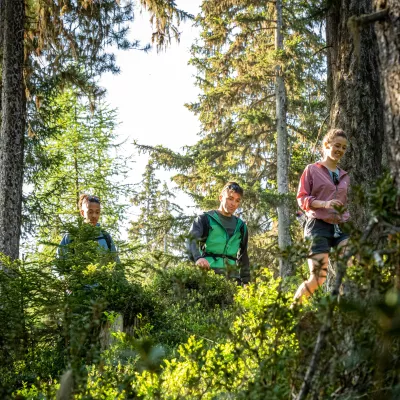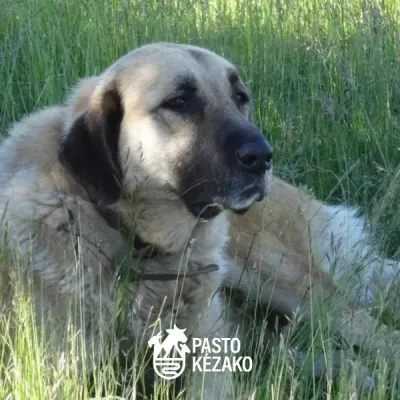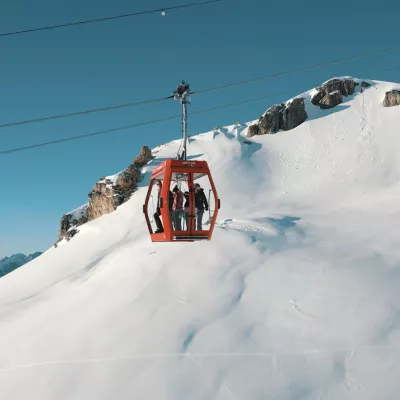There is something satisfying and even quite moving about taking part in an activity while thinking about the thousands of hands that have carried out these same actions in the same place over the past 100, 200, 300 years …
Maintaining the reaches, the irrigation canals built by our ancestors (some of them dating back to the Middle Ages), is one of the age-old traditions that we like to perpetuate with our families every spring, even more so when you know that these waterways dug into the earth and rock help to combat global warming!
The reaches: traditional irrigation canals that still serve a real purpose
Built by our ingenious mountain-living ancestors from the Middle Ages, the reaches are traditional irrigation canals that carry and distribute the water by gravity from the mountaintops to the pastures, meadows and gardens.
Indispensable for feeding and watering both people and animals, the canals have always been thoroughly maintained in the spring, when the snow melts. Firstly by the locals (who work together to cut back and clear the banks and scour the canal beds), then by the farmers and on the occasion of friendly get-togethers organised by the communes and local organisations (including La Côte d'Aime-Valezan tourist office).
Centuries after they were built, other very contemporary assets have been identified: the reaches act as a bulwark against global warming by creating wetlands that store and release water (like sponges!).
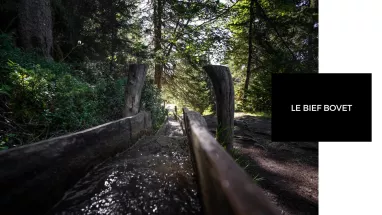
Maintaining the reaches: a springtime activity that everyone can join in (even children!)
The banks of the canals are a little paradise for vegetation, which tends to thrive happily there. However, an overgrown canal is a canal where water does not flow properly… if at all! It is therefore essential to maintain all these waterways regularly with spring cleaning that consists of cutting back, mowing and clearing away the stones and leaves that have accumulated on the canal beds.
Using small saws, secateurs, shovels and picks, everyone can join in the maintenance work, even children. It is a great occasion to enjoy a centuries-old activity with your family and participate in a tradition that has been handed down from one generation to the next and has been both useful and convivial… since the 13th century!
The simplest way to find out the next dates for maintaining the reaches is to contact La Plagne Vallée tourist office in Aime.
Combining business with pleasure: our ideas for cool walks along the canals
After doing the work, why not enjoy the result! Once the maintenance work is finished, you have earned a pretty walk along the canals. Here are two ideas for family hikes in the shade that history enthusiasts in particular will like:
- #1: a walk to discover the “star” canal: Bief Bovet, built in 1240 (nearly 800 years ago!) in the Montalbert sector. All the way along this peaceful, shady hike of just over 3 km, some 80 information boards tell the chaotic history of water management in this reach since it was built.
- #2: a fun 4 km mini-hike along the Grand Bief above the charming village of Granier. This educational trail, created on the initiative of the village school, will take you back in time through its 12 information boards recounting the local history.
Good to know if you have your pet with you: dogs are allowed on both of these trails.
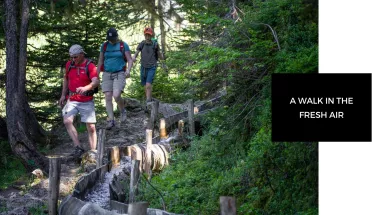
Two other ideas for walks along the reaches:
- The Sentier des Biefs to discover the Valezan and Les Chapelles canals
- The Sentier du Bief starting from Les Coches, offering a magnificent panorama of Mont Blanc
There you are! In a few hours of maintenance of the canals or a walk along their banks, you will have participated in an age-old tradition and perpetuated the memory of the Savoyards who built these irrigation canals with their own hands and which still serve today. A great double action!

